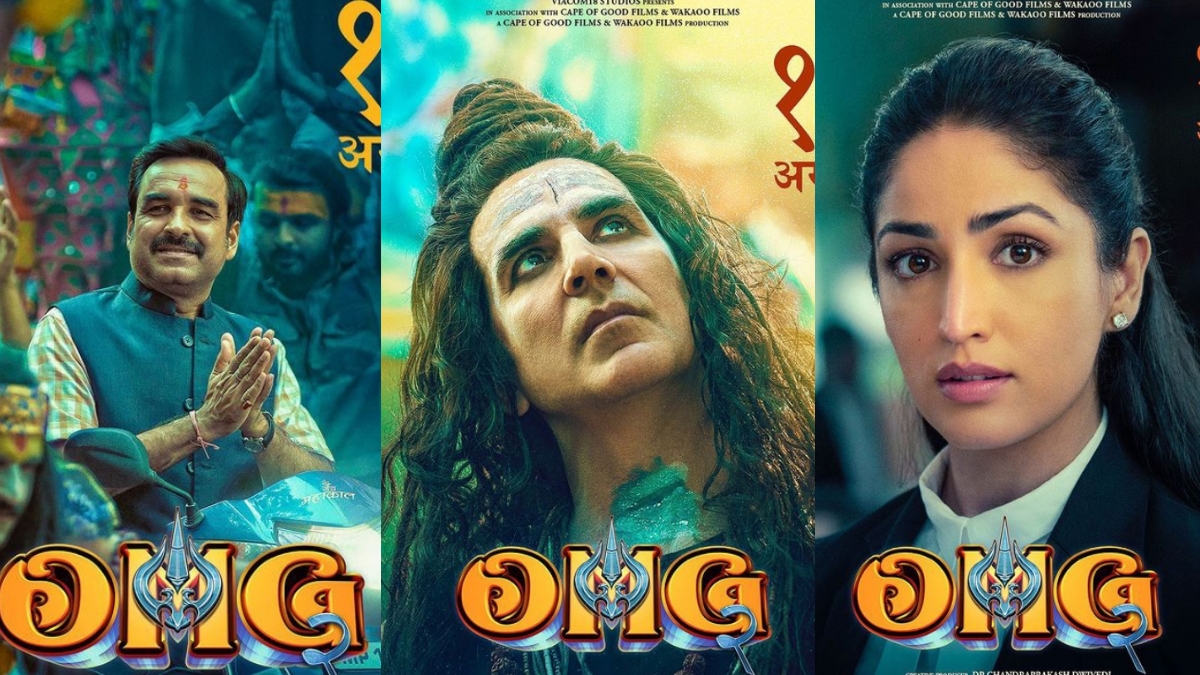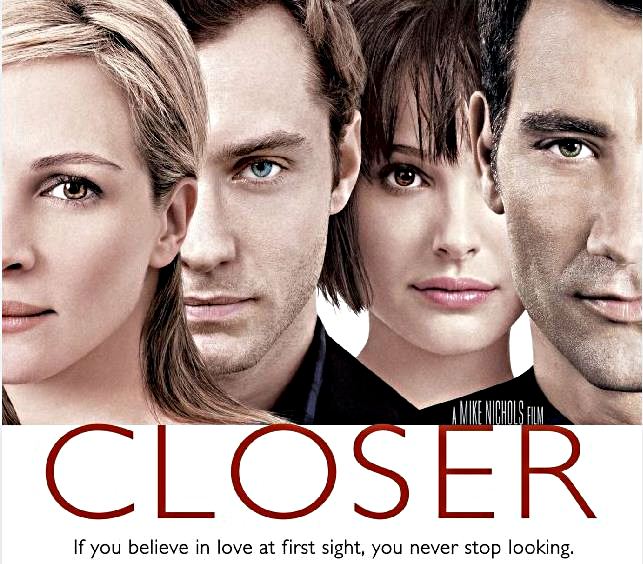The Man Who Knew Infinity
The Man Who Knew Infinity : Movie Review
Rating : 4 stars out of 5 (Excellent)
Writer-Director : Matthew Brown
English, 2016
Originally published in "Indian Weekender" in June 2016
The life of Srinivas Ramanujan is a famous matter of public record, so it should not come across as a spoiler when declared that the fate which eventually befell Ramanujan's physical life, is amongst the great losses in the history of modern knowledge. He passed away in 1920 at age of thirty-two, leaving in his wake a mountain of pioneering mathematics that continues to draw the awe of the best minds in the field. People of various nationalities have admirably kept his story alive, and writer-director Matthew Brown makes a vital contribution to that legacy by a beautifully narrated rendition of this genius's poignant life.
Drawing on Thomas Kanigel's book, Brown marries fact and cinema with exemplary finesse, while never forgetting to inject dramatic energy that such films need. Lesser known facts and despicable incidents of racial bias, commingle with the more familiar outlay and wonderful dialogues known to those conversant with Ramanujan's legend.
Born in Kumbakonam, a humble town in the Southern Indian state of Tamil Nadu, Ramanujan grappled with penury and the lack of an academic degree even as his staggering mathematical intuition made him conjure up complex unheard-of formulas out of nowhere. His pleas for guidance finally caught the attention of G.H Hardy - a leading Cambridge mathematician who brought Ramanujan over to the prestigious university. Clash of methodology, culture and religious beliefs aside, Hardy held Ramanujan's talent in the highest esteem and they eventually collaborated on acclaimed papers that finally merited the latter the fellowship of the Royal Society.
That happy progresssion however, was getting increasingly getting threatened by the ravages of a physical disease that Ramanujan could never recover from, despite the services of multiple British and Indian doctors. A strict Brahmin transplanted to a land where vegetarianism was only a little less rare than were mango trees, he felt obliged to cook his own food, and half-starved with irregular meal-times and demanding work. World War I thundered in with its own set of horrors and shortages.The screenplay pulls no punches in revealing how doomed the young man felt.
While adroitly depicting all this, the movie shows its knack for reprising memorable dialogue from real-life. We are reminded of eminent mathematician John Littlewood's 's words "Every positive integer is a personal friend of Ramanujan". Alas, the integers of human age proved unfriendly to him.
The opening sequences in Kumbakonam sport a carefully composed mise en scene that misses the redolence of the real India. Even later when the film switches track to look at the strained dynamic between Ramanujan's mother and wife, it loses its strength. Done-to-death flute music, with little tune variations, permeates the film with its melodramatic cloy.
But the pictures admirably allocates enough space and sensitivity to show Ramanujan's disrupted marital life (real-life was more awkward - Ramanujan at twenty-one was cast into arranged marriage with a bride only ten years old, in keeping with the practice at that time). The film settles into its true element only when proceedings shift to the Cambridge campus.
That owes itself in large measure to Jeremy Irons' pitch-perfect performace as J H Hardy. With a consistently droll sense of humour, he comes across as a tough world-weary Cambridge don who reserves a very honest and good heart (true to real-life accounts). The film is terrific in showing how he calmly and relentlessly instructs the increasingly frustrated Ramanujan that showing methodic proofs is more important than miraculously birthing incredible formulae. The contrast between his atheism and Ramaujan's unshakeable belief, is shown with wise economy. Not once do we see Hardy regarding Ramanujan in a demeaning way, because he knows in his bones that he is in the presence of a very rare genius whom he puts in the rarefied level of " Euler and Jacobi".
Such perfection in casting however failed the film-makers when they elected to make the commercially safe choice of Dev Patel in essaying Ramanujan - as if wanting Patel to pull off a different kind of 'Slumdog Millionaire'. Patel is a British-bred actor of Gujarati ancestry and though he is intense and reasonably convincing in the film, I did not find the expected Tamilian either in his speech or physicality. Accents aside, unlike the lean Patel, the real-life Ramanjuan had a fullness of face and body not dissimilar to another genius from Tamil Nadu - A R Rahman. The movie further disadvantages Patel as we never witness him being given his personal space for reflection, so that we could see more of the man behind that vaulting genius.
However the film redeems its honest core by unflinching depiction of the violent jealousy of some professors, and racist assaults by others on this Indian contender. Hearteningly, certain other Cambridge seniors support Ramanjunan for his ability. One of Brown's best triumphs is evidenced in his indirect way of showing the film's terminal event , and the hidden reason behind this choice. We see exquisite emotion in a person in whom we never saw that depth of feeling before.
We may never know the actual pathology - whether it was tuberculosis, hepatic amoebiasis or some other agent of doom - that brought on the fevers, deliriums , aches and coughs that ended Ramanujan's life. Antibiotics were yet to be invented, but the irony is that while proofs for his dazzling formulae were continually asked of Ramanujan, there was no laboratory proof of tuberculosis for which he was continually treated to no avail. Doctors failed this great mathematician, otherwise he would have lived longer but the movie is not interested in further investigating this key issue.
That should not detract from Brown's overall achievement. He marshalls his actors' abilities, recreates a yesteryear Cambridge and builds emotion, all so effectively that, though I had keenly sifted through Ramanujan's life several times in the past, I felt all the more deeply for this great man at the movie's end.
UPN
UPNWORLD welcomes your comments.










0 COMMENTS
WRITE COMMENT